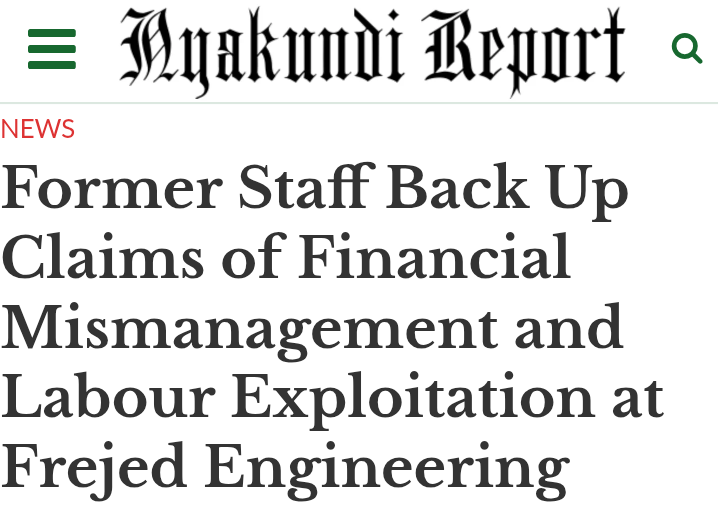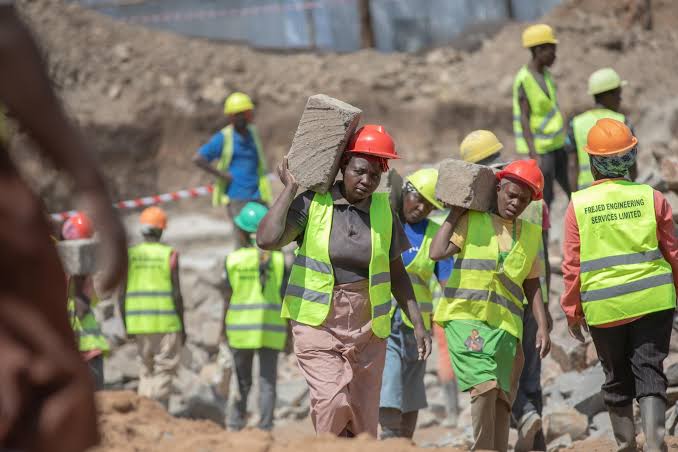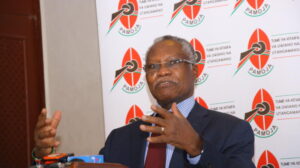In our previous coverage, we highlighted growing concerns over unpaid wages at Frejed Engineering Services Limited, a firm involved in Ruto’s Affordable Housing Programme.
Now, fresh claims from former employees suggest that the issue runs much deeper than initially thought. What was first seen as a standoff on current housing projects in Isiolo, Kinangop, and Murang’a has turned into a broader pattern that stretches back years.
One former worker shared that between August 2022 and January 2023, they were only paid for four of the six months they served. Even after receiving an official termination letter and completing the required notice period, they never received their final dues.
Other past employees have come forward with similar frustrations. Many say they left without completing their terms simply because salary delays made it impossible to continue.

These testimonies match the stories from current workers who reported going unpaid for over four months, even as they continue to work on active sites under the housing programme.
According to insiders, the company has already received certificate approvals for payments from the government, with each project estimated to be worth tens of millions.
These payments were supposed to cover labour costs and general operations, but workers tied to the housing programme say they’ve been excluded from the payroll. Instead, it appears the money is being redirected to pay other departments not connected to the housing projects.
Frejed Engineering operates from Ramco Court along Mombasa Road and holds contracts with top public institutions including Kenya Airports Authority, Central Bank of Kenya, New KCC, and KenGen.
But despite these major engagements and steady income, the company is now facing repeated allegations of wage delays and questionable internal practices.
The leadership, including Managing Director Paul Weda and Project Manager Stephen Vandika, continues to present Frejed as a reputable player in the engineering space, with a presence in nine countries.
Yet workers, both past and present, are describing a company marked by silence, financial confusion, and selective payments.
Some employees say they’ve been asked to continue working without any clear commitment on when or if they will be paid. Others claim that salaries meant for housing site workers are being used elsewhere within the company, a move that has only added to the frustration.
Frejed’s use of M-Pesa to pay even senior technical staff has raised questions about how the company handles tax compliance and payroll documentation, especially considering the large amounts of public money involved.
Despite all this, Frejed continues its work on the Ruto housing sites and still receives fresh contracts from government departments.
Pressure is building for authorities to step in and examine how Frejed is managing funds meant for public projects. The concern now is no longer just about unpaid workers, but whether state money is being used responsibly or silently diverted while those building the actual infrastructure go unpaid.
Frejed is now under sharp public and institutional focus, not just over its treatment of workers, but over the integrity of the public contracts that keep it going.





















Add Comment